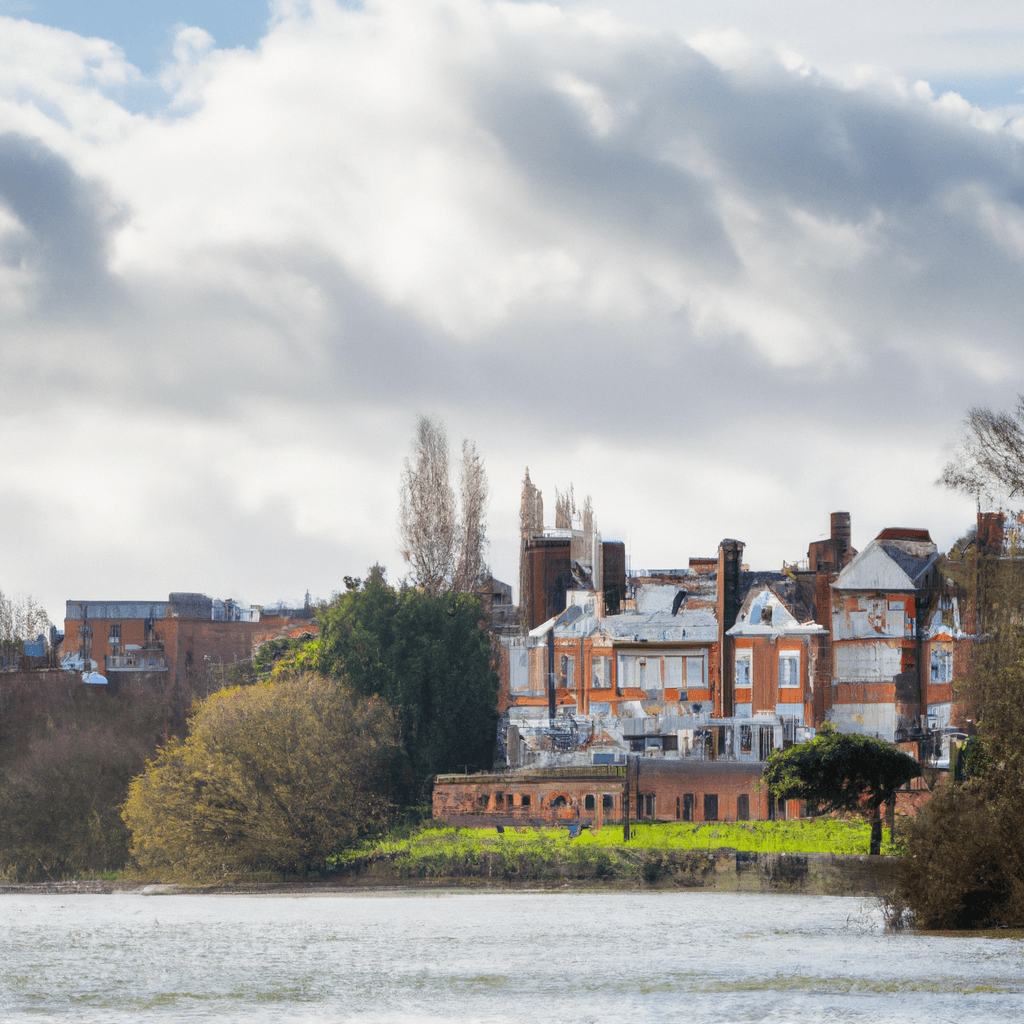Exploring Richmond Water: The Lifeblood of a Thriving Community
Understanding the Importance of Water Conservation in Richmond

Richmond, a vibrant city known for its lush landscapes and commitment to sustainability, owes much of its charm and ecological balance to its water resources. The rivers, lakes, and reservoirs that weave through this beautiful area not only provide recreational opportunities but also play a critical role in the local ecosystem.
In recent years, the community of Richmond has become increasingly aware of the importance of conserving water. As climate change impacts weather patterns and populations grow, the need for sustainable water management has never been more pressing.
Understanding Richmond's Water Sources
The primary sources of water for Richmond include the James River and the various underground aquifers. These sources are essential for providing clean drinking water and sustaining local wildlife. The James River, in particular, has a rich history and is a focal point for recreation, attracting anglers, kayakers, and hikers alike.
The Importance of Water Conservation
Water conservation is not just a personal responsibility but a communal one. By practicing sustainable water usage, residents of Richmond can ensure that future generations enjoy the same natural beauty and resources that make the area so special. Simple practices, such as fixing leaks, using water-efficient fixtures, and collecting rainwater, can significantly reduce water waste.
Community Initiatives
The City of Richmond has launched several initiatives aimed at promoting water efficiency. Educational programs in schools and community workshops focus on the importance of protecting our water resources. Additionally, local governments are working alongside environmental organizations to restore natural habitats and improve water quality in waterways.
One notable program is the 'Richmond Water Ambassadors', where community volunteers help spread awareness about water conservation practices and participate in clean-up events around the rivers.
Future Challenges and Solutions
Despite Richmond's commendable efforts, challenges such as population growth and climate change threaten the sustainability of its water supply. Addressing these issues requires innovative solutions, including investments in rainwater harvesting systems, greywater recycling, and the restoration of wetlands which act as natural water filters.
Moreover, continuous engagement with the community will be key to fostering a culture of conservation. By empowering residents to take part in decision-making processes regarding water management, Richmond can build a resilient and sustainable future.
Conclusion
Richmond's waters are far more than just a resource; they are a key element that binds the community together. By understanding the significance of these precious waters and committing to their preservation, we not only enhance our quality of life but also honor the natural environment that supports us. Together, we can ensure that Richmond remains a beautiful and sustainable place for years to come.